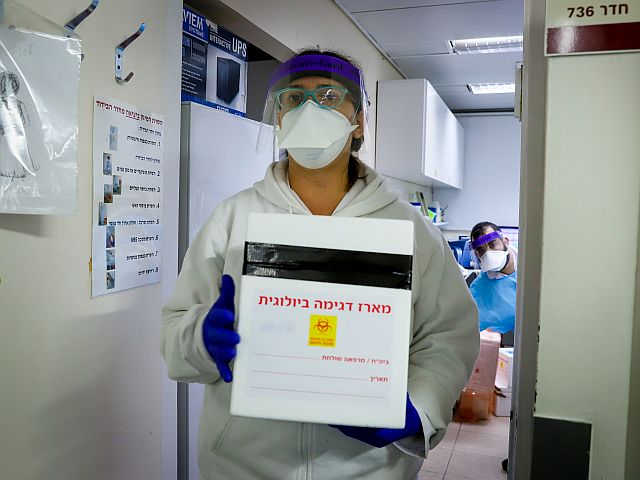The Rambam Medical Center has taken urgent measures to prevent the spread of antibiotic-resistant bacteria following their discovery in three hospital departments. These resistant bacteria include Acinetobacter, Klebsiella, and the fungal infection Candida auris, which can cause serious complications and even death in patients with weakened immune systems. Despite the constant overload of emergency departments and internal wards, tackling hospital-acquired infections like these poses a significant challenge.
Rambam Hospital Director, Professor Mickey Helberthal, suggested that medical staff working in the affected departments wear full protective gear and that no new patients be admitted until the outbreak is contained. Furthermore, families of patients who visited the contaminated wards are being notified of the situation and provided with hygiene instructions. These preemptive actions are aimed at controlling the spread of these resistant bacteria within the hospital.
Implementing these measures is critical to safeguarding the health and well-being of both patients and staff at Rambam Medical Center. By isolating the affected wards, enhancing protective measures, and educating visitors on proper hygiene practices, the hospital aims to quickly contain the spread of these dangerous microorganisms.
The discovery of antibiotic-resistant bacteria in three hospital departments is a significant concern for healthcare providers worldwide. According to recent studies, antibiotic resistance is becoming more prevalent each year, making it increasingly difficult for doctors to treat bacterial infections. Therefore, healthcare facilities must take proactive steps to prevent such outbreaks from happening.
At Rambam Medical Center, medical staff has implemented strict protocols to control infection transmission within hospitals. They have also provided education on proper hand hygiene practices for both patients and visitors alike.
In conclusion, preventing the spread of antibiotic-resistant bacteria requires a multi-pronged approach that involves strict protocols for infection control within hospitals, as well as education on proper hand hygiene practices for both patients and visitors. By taking these steps proactively, healthcare providers can safeguard patient health while ensuring that they receive appropriate treatment when needed.
